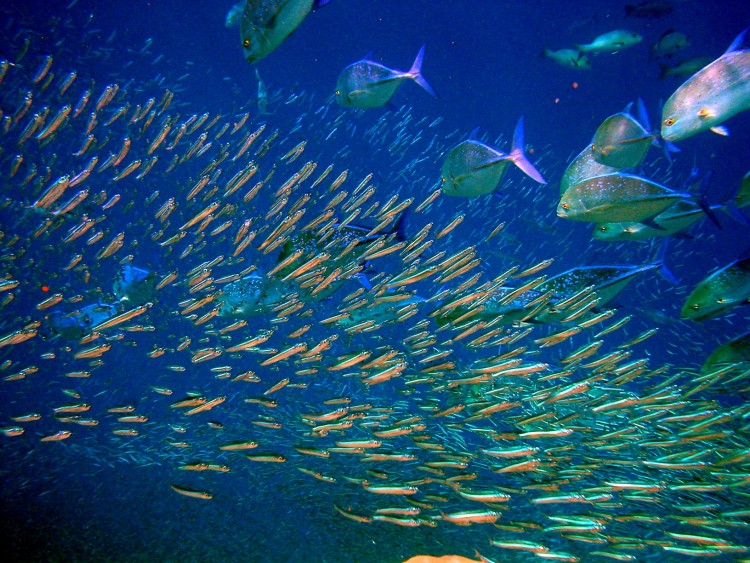The latest Environment and Society featured article is now available! This month’s article, “Fisheries Privatization and the Remaking of Fishery Systems,” comes from Volume 3 (2012). Courtney Carothers and Catherine Chambers examine specific examples of how nature-society relationships among people, oceans, and fish are remade as privatization policies take root in fishery systems.
Visit the featured article page to download your copy of the article today before it’s gone! A new article is featured every month.

COURTNEY CAROTHERS is an assistant professor of fisheries at the University of Alaska Fairbanks. She is an environmental anthropologist whose research program focuses on understanding social, cultural, and economic diversity in fishing communities and explores ways to sustain that diversity into the future. In one central area of study, she explores the material, social, and symbolic shifts in fishing livelihoods as fishing rights become privatized. In another, she partners with indigenous communities in the Arctic to study social-ecological change and subsistence ways of life. Her specific areas of expertise include: political ecology; resource enclosure and privatization; indigenous knowledge, science studies, and politics of knowledge; subsistence, mixed, and alternative economies; socio-ecological change; fishery systems; and Alaska Native cultures.
CATHERINE CHAMBERS is a doctoral fellow in the Marine Ecosystem Sustainability in the Arctic and Subarctic program at the University of Alaska Fairbanks. As a recipient of Fulbright and Leifur Eiríksson scholarships, she is currently conducting research through Hólar University College and the Blönduós Academic Center in Blönduós, Iceland. Her dissertation research focuses on subarctic coastal communities and issues of access and participation in marine-based livelihoods.
